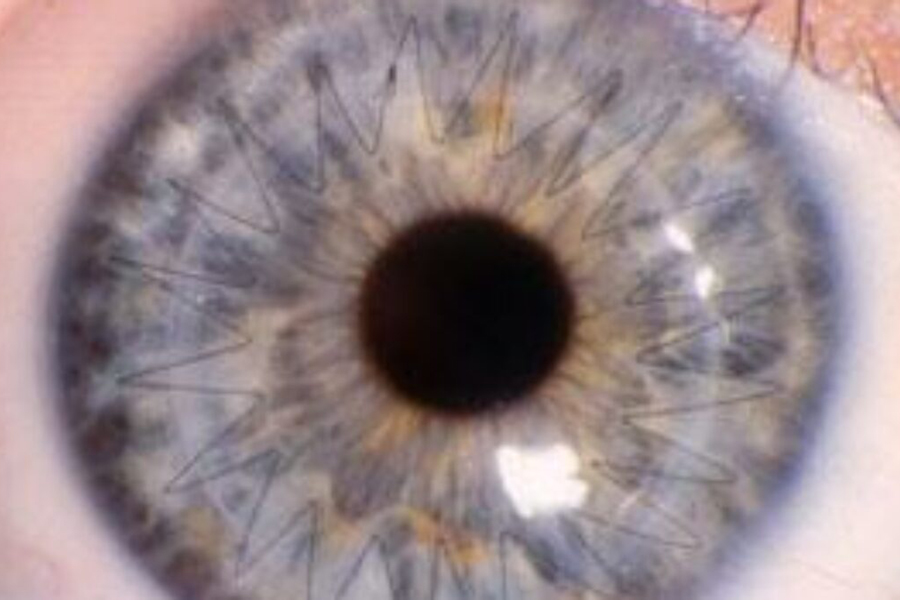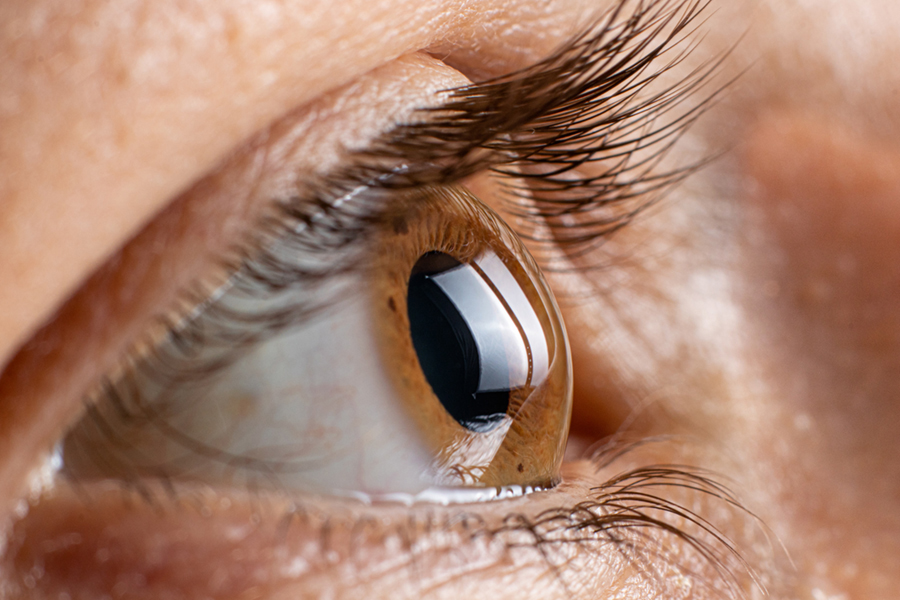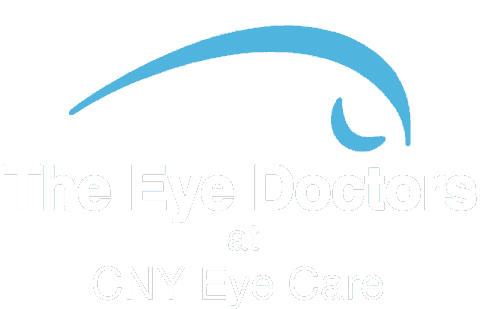Corneal Collagen Cross-linking (CXL)
Corneal Cross Linking

Corneal Collagen Cross-linking with Riboflavin (CXL) is a FDA approved treatment for Keratoconus and Post Refractive Surgery Cornea Ectasia. CXL works by increasing collagen cross links, which are natural “anchors” within the cornea. These Anchors are responsible for preventing the cornea from bulging out and becoming steep and irregular.
During the corneal cross-linking treatment , custom made Riboflavin drops saturate the cornea, which is then activated by ultraviolet light. this process has been shown in laboratory and clinical studies to increase the amount of collagen cross-linking in the cornea and stregthen the cornea.
Collagen Cross-linking is not a cure for keratoconus, The aim for this treatment is to hold progression of keratoconus / ectasia and thereby prevent further deterioration in vision and the need for corneal transplantation. Glasses or contact lenses will still be needed following the cross-linking treatment but it is hoped that it could limit further deterioration of vision.
Dr Weisenthal participated in FDA clinical trials for 3 years and now has extensive experience to perform collagen cross-linking for the treatment of keratoconus and corneal ectasia.

What is Keratoconus
Keratoconus often abbreviated “KCN” is a non-inflammatory eye condition in which the normally round dome shaped cornea progrssively thins causing a cone-like bulge to develop. this results in significant visual impairment. The cornea is the clear window of the eye responsible for refracting light coming into the eye. Therefore abnormalities of the cornea severely affect the way we see the world making simple tasks, like driving, watching TV or reading a book difficult. In its earliest stages, keratoconus causes slight blurring and distortion of vision and increased light sensitivity. These symptoms usually first appear in the late teens and early twenties. Keratoconus may progress for 10-20 years and then slow or stabilize. Each eye may be affected differently.
What is Post Refractive Corneal Ectasia
Corneal Ectasia is a condition resembling Keratoconus but comes from a different origin. Almost invariably the cause is refractive eye surgery, most commonly LASIK but also PRK. After LASIK, the cornea has been made thinner. Becuase the corneal wall has been made thinner, internal pressure from within the eye can cause expansion or distension of the cornea resulting in significant visual impairment.
There are other treatments for keratoconus / Ectasia including: Eye glasses, Sceral contact lenses, Intacs, or corneal transplant.
All treatment options have positive and negatives associated with them. Dr Weisenthal will discuss with you which treatment is best for you.
